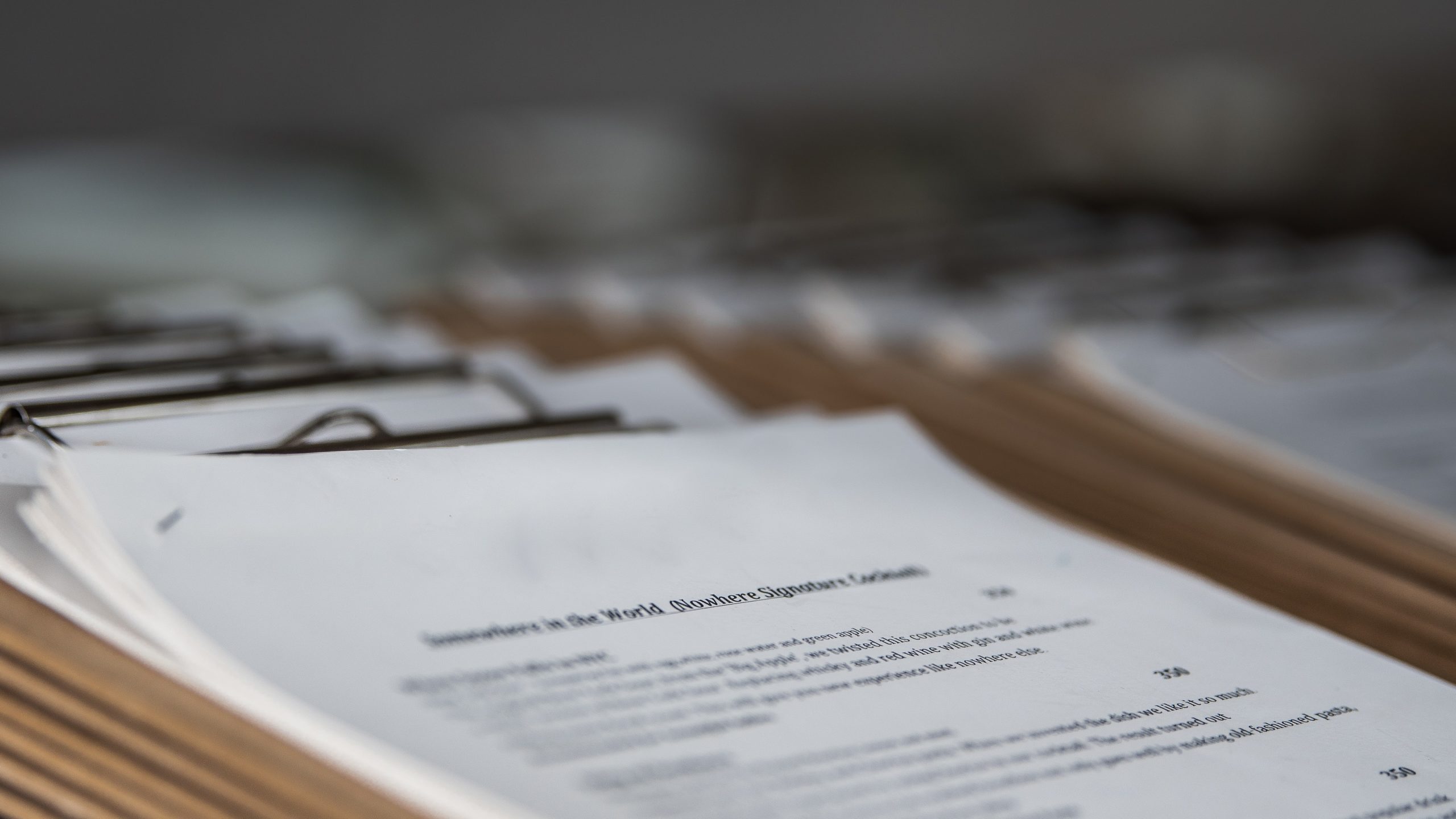

STEER Tracking peer review
STEER Tracking is a peer reviewed tool
Careful research enabled STEER to construct a ground-breaking tool to track and improve young people’s self-regulation.
Year: 2024
Volume: 17
E-location ID: e18743501284736
Publisher ID: e18743501284736
DOI: 10.2174/0118743501284736240327051824
–
In April 2024 co-authors Simon Walker and Jo Walker published Constructing a Novel Instrument to Measure Social-Emotional Self-Regulation in Students aged 8-18 in The Open Psychology Journal.
Background
The authors identified a need for instruments that measure a task model of self-regulation as opposed to an emotion model of self-regulation. Such instruments are particularly applicable to student populations.
Objective
This paper explains the construction of one such instrument, Steer Tracking. A four-factor bi-polar conceptual model of four necessary self-regulatory tasks is presented: Trust of Self, Trust of Others, Self-Disclosure and Seeking Change.
Methods
A novel assessment method was developed, requiring a participant to imagine a mental space in which they perform the four self-regulatory tasks. The instrument was deployed in populations of students aged 8-18 attending UK primary and secondary schools. Principal Component Analyses evaluated the proposed four-factor structure across two age groups: 8 to 12 years olds (n = 2171) and 13 to 18 years old (n = 658). A Support Vector Machine (SVM) model in a separate sample (n = 2518) evaluated the assessment’s utility in identifying students who display risk on three wellbeing measures: experiencing bullying, thinking about or engaging in self-harm, and struggling to cope with pressure at school.
Results & Discussion
Analyses provided initial support for the validity of the conceptual model and its ability to identify at-risk students. Key instrument features such as non-standardisation and generalised versus in-school comparison are explained.
Implications
The Steer Tracking assessment meets a pressing need for evidence-based, accessible tools to help schools identify and provide support to students who are struggling earlier, before formal mental health conditions persist, particularly in the wake of the COVID-19 pandemic. Research demonstrates that the pandemic has negatively impacted self-regulation and contributed to the emergence of anxiety and depression in young people [83]. National evidence confirms that adolescent mental health risks have increased during the pandemic; in 2017, one in nine children was identified as having a probable mental health condition, with estimates rising to one in six by 2021 [84]. One consequence of this increased mental health burden has been increased pressure on the UK Child and Adolescent Mental Health Services (CAMHS) [85].
A UK government 2017 Green Paper recommends early identification and intervention for mental health risks in schools to reduce the cases that reach a clinical level [86]. Funding was subsequently allocated to train and appoint a mental health lead in every school by 2025. Whilst a positive step forward, with 18% of 7 to 16 year olds having a probable mental health disorder, a single mental health lead in secondary schools would be unable to provide individualised support.
Steer Tracking has the potential to support the early identification and intervention of young people’s emerging mental health risks. Providing data in a format that a general class teacher can understand can increase the population of teachers ‘with eyes to see beyond the mask’ of students who are struggling to steer the social-emotional road. Additionally, by providing practical guidance to teachers about activities and messages that can be effective in directing a student back onto the social-emotional road, Steer Tracking can broaden the intervention capacity of a school.
Find out more about STEER Education
STEER Education offers a trusted platform to schools that alerts staff to students who may have emerging mental health risks, but are not showing visible signs of vulnerability. Through a sophisticated online assessment twice a year, it measures and tracks early signs that students may have unhealthy thoughts about themselves and others. Our assessment also helps identify students who may be hiding safeguarding concerns, whether in school, outside it or both.
We give schools guidance, tailored to each student, so that they can act early and, where possible, prevent problems escalating. Since 2016, we have tracked and supported at least 300,000 students in over 250 primary and secondary schools across the state and independent sector. These include leading MATs, specialist schools and elite sports academies.
Our team is made up of teachers and mental health experts who understand the challenges and rewards of working with students from a wide range of backgrounds and schools.




